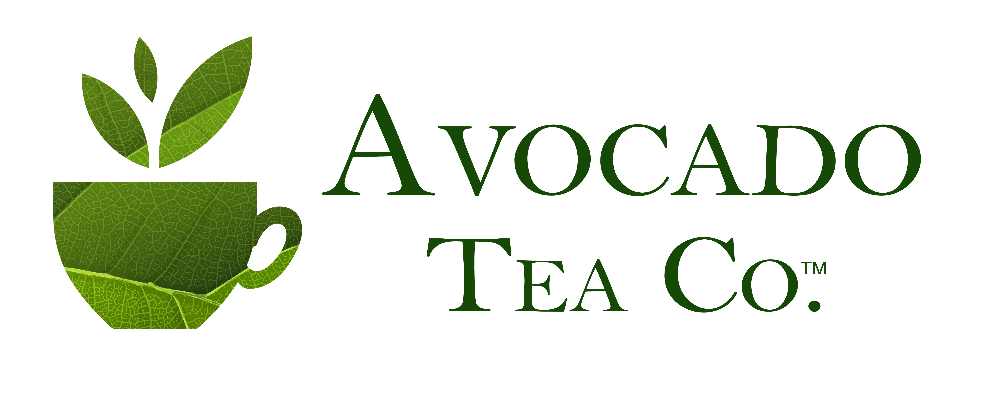Hypertension is known to be a major risk factor for cardiovascular disease. It has been reported that irregular diet, lack of exercise, and unhealthy lifestyle habits are the main causes of hypertension. In addition to these factors, dietary changes may be considered an effective way to reduce blood pressure levels.
Hypertension is a major cause of morbidity and mortality worldwide (1). The use of medicinal plants for the treatment of hypertension has been reported in several pieces of literature.
Avocado leaves have been shown to possess several pharmacological activities including anti-inflammatory, anti-nociceptive, antidiabetic, hepatoprotective, and antioxidant effects (2). In addition to these properties, avocado leaves may also be useful in treating hypertension as they contain many essential oils which act as vasodilators and thus reduce blood pressure.
The present study was conducted to evaluate the antihypertensive effect of avocado leaf extract on spontaneously hypertensive patients.
A Study on Avocado Leaf on Blood Pressure In Non-Pharmacology Hypertension Patients In Pajang Public Health Center In Surakarta City
A nursing science program in Indonesia published its findings in 2017. It turns out that many of the places where the avocado leaf has been studied are poor nations with few medical resources. This is why research into alternative therapies is being conducted.
This research looked at 16 people in Indonesia who had hypertension but weren't taking any medication for it. The researchers gave them a tea made from avocado leaves that had been soaked in water. Their blood pressure was measured both before and after they drank the avocado leaf tea. Both systolic and diastolic blood pressure was shown to be lower as a result of the treatment.

The research instrument was an observation sheet and a sphygmomanometer. A quasi-experimental research with a one-group pretest-posttest design was used. Purposive sampling was used because it is easier to obtain participants who are willing to participate in this study. The sampling was 16 respondents. An ordinal scale was used because it is easier to understand how much reduction in blood pressure is caused by avocado leaves steeping. The Wilcoxon test was used because it is more appropriate than other tests for data analysis.
The results showed that there is a significant difference between the pre-test and post-test measurements concerning systolic blood pressure and diastolic blood pressure.
Results
The participants were given steeping therapy with avocado leaves for two weeks. At the end of the treatment period, their systolic and diastolic blood pressure was measured using a sphygmomanometer and recorded on a data sheet.
Stage 1 hypertension was seen in 93.75 percent of responders, whereas 6.25 percent had already progressed to stage 2 hypertension before starting the avocado leaf steeping therapy. The results showed that after receiving avocado leaf steeping therapy, 68.75% of respondents had reduced their systolic blood pressure to prehypertension levels, and 25% had reduced their diastolic blood pressure to prehypertension levels.
Conclusion
It is concluded that avocado leaf has a significant effect on blood pressure in non-pharmacology hypertension patients. The patients who received avocado leaf showed an average reduction of 5mmHg of systolic and 3mmHg of diastolic blood pressure. This indicates that avocado leaf can be used as an alternative treatment for non-pharmacological hypertension patients, especially those who cannot afford to buy medications or those who have contraindications towards the use of traditional drugs.










